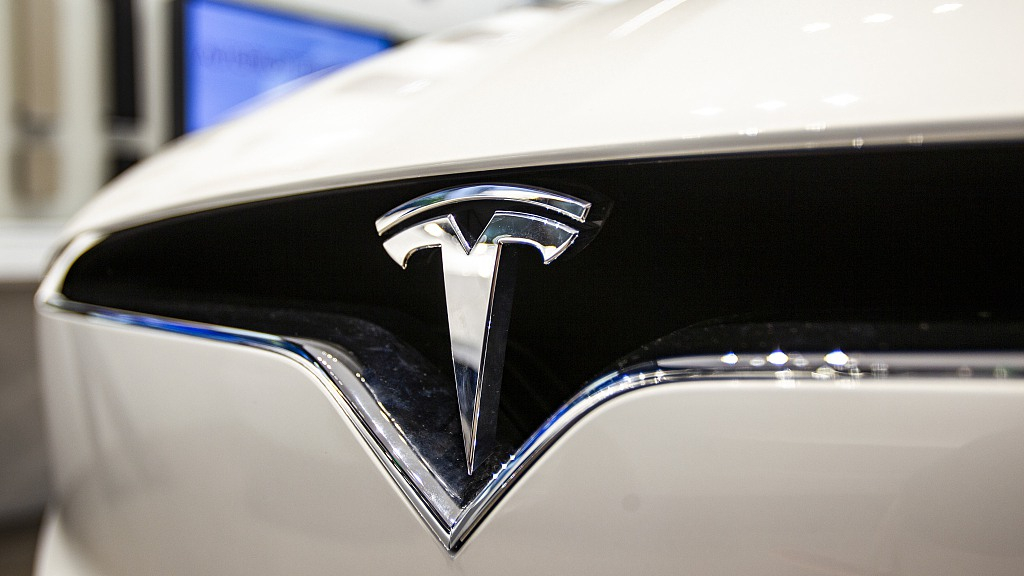Electric car company Tesla Inc said on Wednesday its deliveries rose by less than two percent in the third quarter, missing Wall Street estimates and sending its shares down nearly six percent in trading after the bell.
Total deliveries came in at a record 97,000 units for the quarter, but was below analysts' estimates of 97,477 vehicles, according to IBES data from Refinitiv.
The company, led by billionaire Elon Musk, is under pressure to ramp up production, while proving that there is sustainable demand for its vehicles and that it can turn a profit, even as traditional luxury car makers begin to roll out their own electric models.
The company has set a target to deliver 360,000 to 400,000 vehicles in 2019, which means that it needs to deliver at least 104,800 vehicles in its final quarter to meet the low end of its full-year forecast.

"Looks like the 360k bottom end of 2019 forecast is starting to look a bit iffy," Roth Capital Partners analyst Craig Irwin said.
The company's Model S and X vehicles are also facing challenges from the recently launched all-electric SUVs from Audi and Jaguar Land Rover.
Deliveries of the two high-priced models fell by 1.4 percent to 17,400 from the second quarter and came in below analysts' estimates of 18,829 vehicles.
The company also delivered 79,600 Model 3 sedans in the third quarter, beating estimates of 79,470, but the pace of growth was just 2.6 percent from the previous quarter.
The Model 3 is the linchpin of Tesla's growth strategy and Musk is under pressure to deliver the vehicle to new international markets efficiently, while guarding working capital.
Tesla said its orders in the third quarter exceeded deliveries and that it was therefore entering the fourth quarter with a backlog.
China factor
China is emerging as a major market for Tesla and the company plans to start production this month at its new Shanghai plant.
The California-based company is aiming to produce at least 1,000 Model 3s a week from the factory by the end of this year, the centerpiece of its ambitions to boost sales in the world's biggest auto market and avoid higher import tariffs imposed on U.S. cars.
The plant's mass production schedule is crucial for Tesla's hopes of reaching its total production rate at an annualized 500,000 vehicles by the end of this year.
It was, however, unclear when it would meet its year-end production targets due to uncertainties around orders, labor and suppliers.
As the company strives to improve margins and post a profit for the second half of 2019, Musk has been trying to cut spending.
He had previously said that Tesla aims to be profitable in the fourth quarter, with the third quarter to be break-even. The company said it was focusing less on profit and more on volume growth, capacity expansion and cash generation.
Under pressure to meet his repeated promises to make Tesla sustainably profitable, Musk is trying to contain costs while still spending on major initiatives from the Shanghai factory and assembly-line and on upcoming models such as the Model Y SUV and a semi commercial truck.
Tesla also announced that it had entered into a debt facility agreement of up to five billion yuan (700 million U.S. dollars) to finance vehicles-in-transit to China.
Separately, the National Highway Traffic Safety Administration (NHTSA) said on Wednesday that U.S. regulators are looking into parking lot crashes involving Tesla cars driving themselves to their owners using the company's Smart Summon feature.
Source(s): Reuters